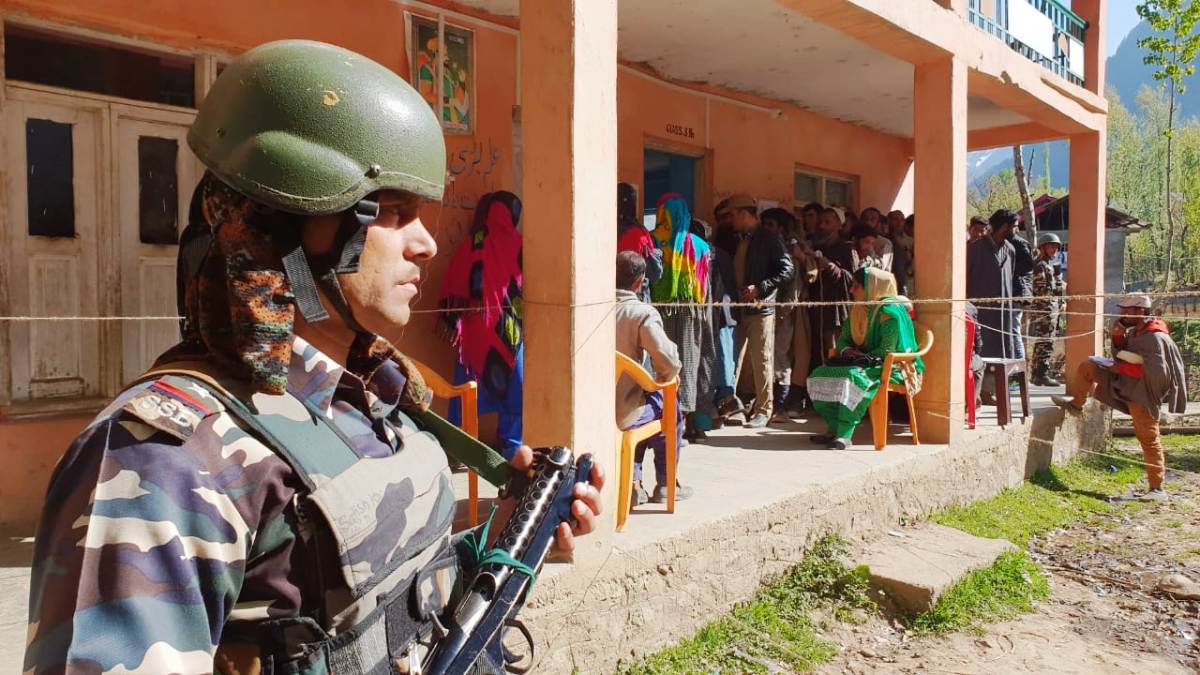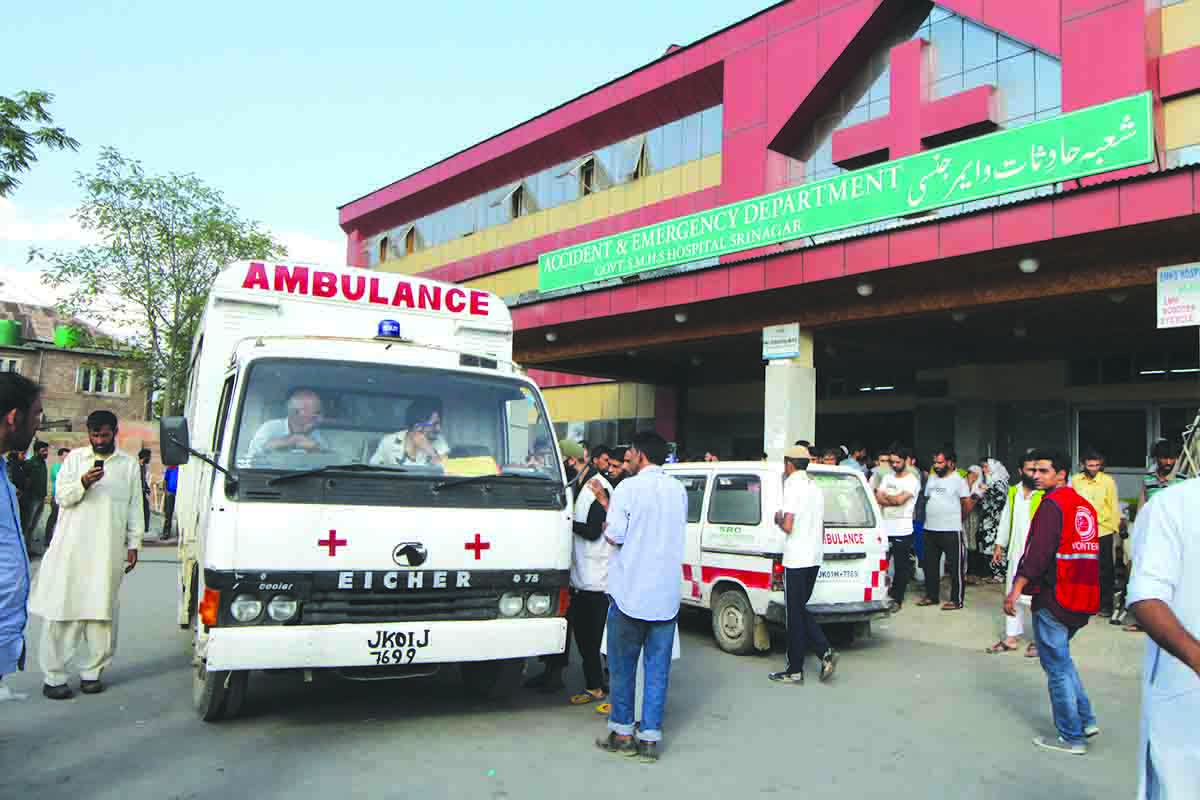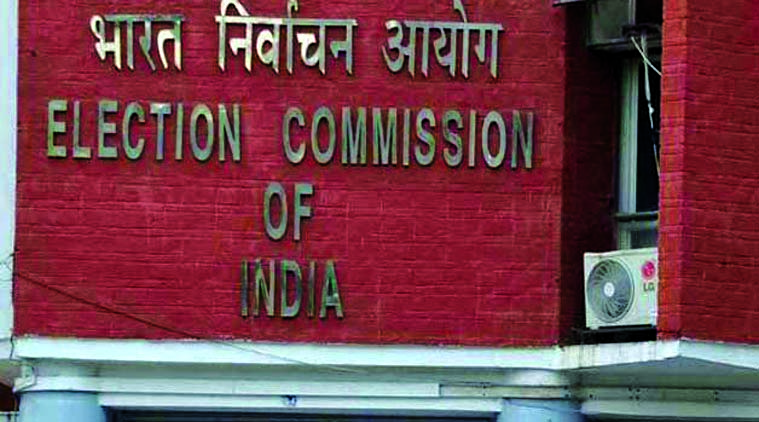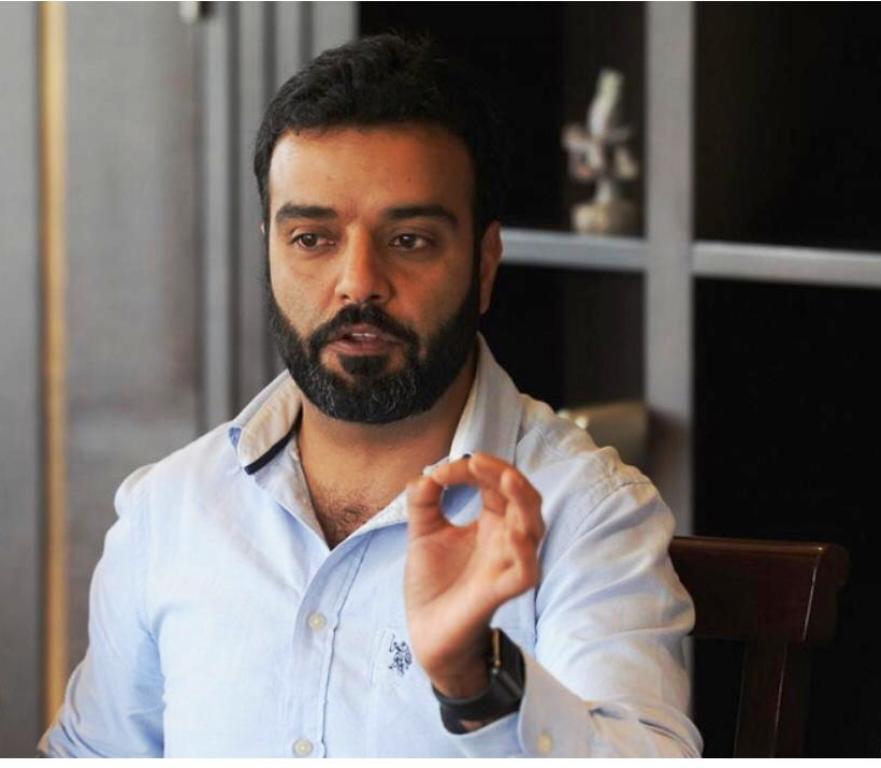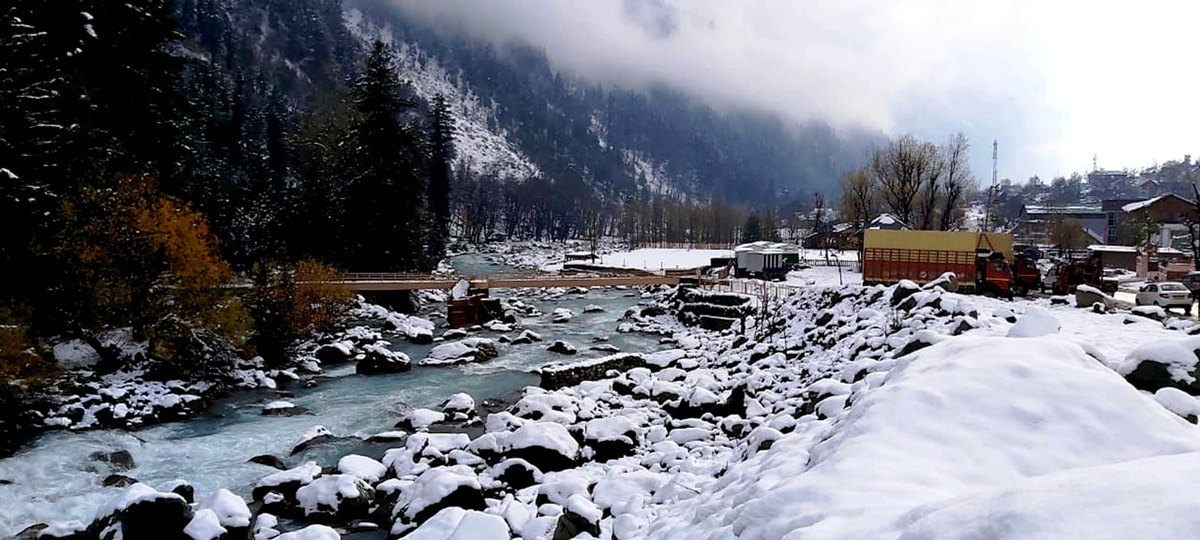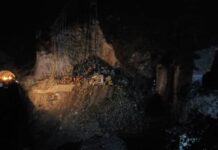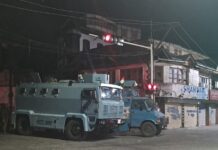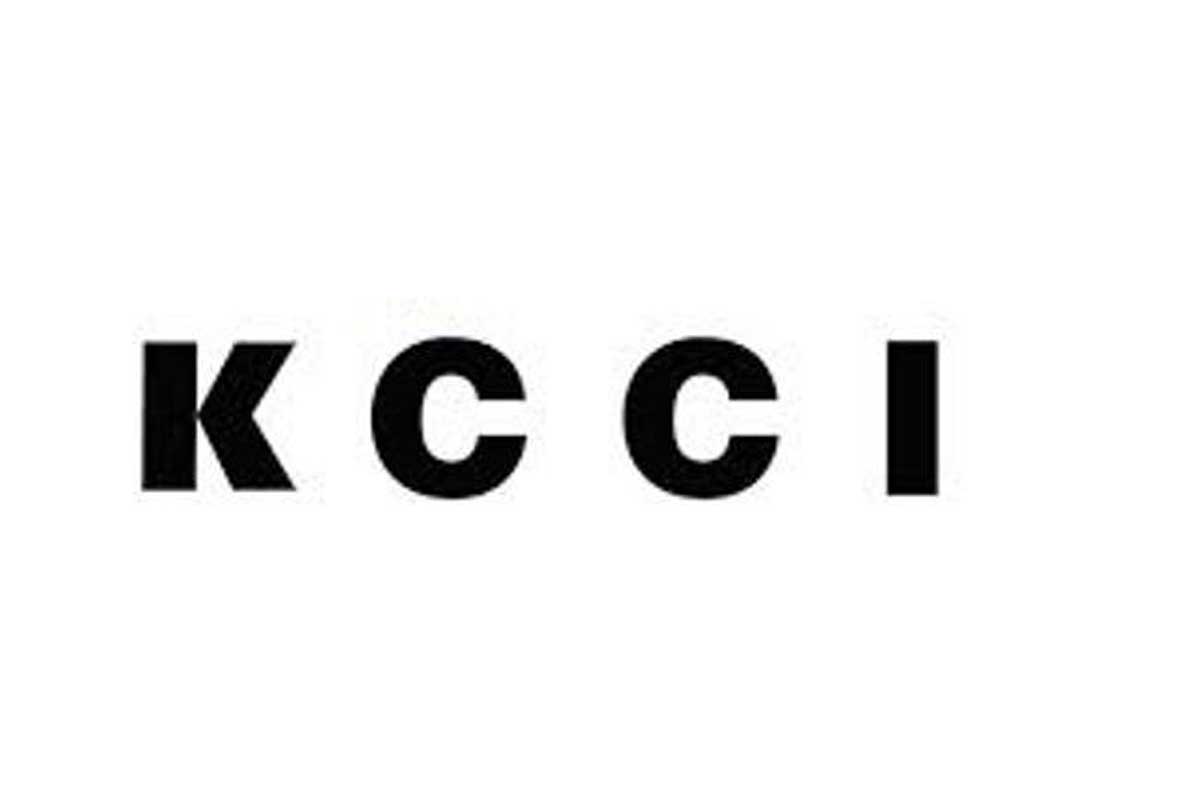Srinagar
With the advent of coronavirus pandemic, as the world grapples with a rising number of infections, a doctor from Kashmir is part of a team involved in developing digital tools combat the crisis. Meet Dr Junaid Nabi, a physician-turned-entrepreneur raised in Kashmir.
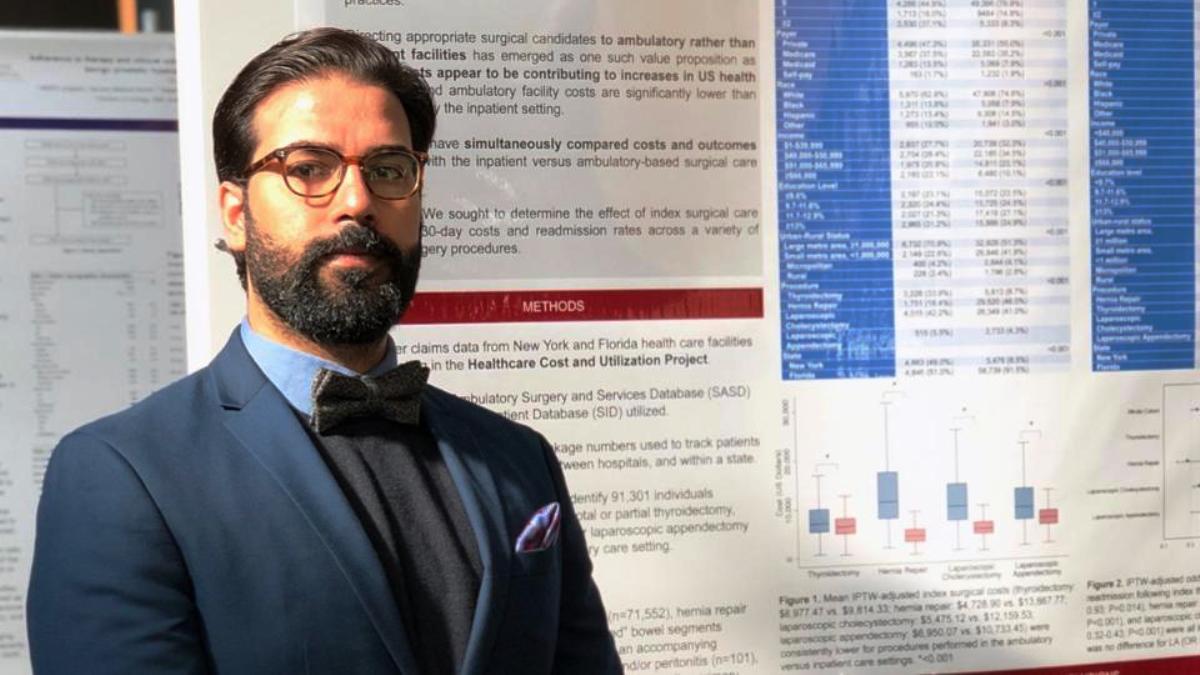
As reported by America’s business magazine, Forbes, Junaid is now part of a team using big data and machine learning to help detect useful patterns in the tsunami of public health data generated world-wide by the COVID-19 crisis and do what he can for those back home.
A public health researcher at Brigham and Women’s Hospital and Harvard Medical School in Boston, Junaid was quoted by the magazine saying his experiences with the health system in the developing world drives his current work.
“Growing up in Kashmir, a society marred with social, economic, and healthcare disparities, I was exposed to the inherent inequities in my community at an early age,” he said, ”During the final years of my training, I had an opportunity to work with some non-profit organizations, especially the rescue teams during the Savar building collapse in Dhaka, Bangladesh.”
“This is when I noticed that clinical medicine does not answer all the questions clinical work asks.”
Nabi, the magazine reports is also an Aspen New Voices Fellow, is now working with colleagues at Harvard Medical School and Harvard School of Public Health to develop digital tools that harness big data and machine learning to rapidly evaluate patterns in the data pouring in from clinical research.
“I believe machine learning has an important role in COVID-19,” he said.
Nabi has said even though the sheer volume of public health data being generated defies rapid interpretation by traditional means, researchers can use machine learning algorithms to find patterns and connections that can hopefully be used to inform clinical decision-making.
He is also trying to help the COVID-19 response in his native Kashmir.“I think there is a sustained effort to identify and track cases—but as is happening in many other places globally, it is likely that there is under-reporting in Kashmir.”
Nabi says the Kashmir valley’s unique geopolitical status has given rise to several disadvantaged groups including the impoverished in the city of Srinagar as well as in the countryside.
“The ones in the rural areas – especially indigenous populations, such as Gujjars – are bound to be affected more as they already suffer from socio-economic impediments in accessing health care: lack of proper transport, limited income, limited accommodation in the areas that have healthcare facilities,” he has told the magazine, adding that while there is a publicly-funded health system in Kashmir, the capacity is severely limited
Although Nabi hasn’t been able to get back to Kashmir since 2017, he is doing what he can.
“For COVID-19 response initiatives in Kashmir, I am supporting a team with members at Harvard and MIT, who are working with local doctors and engineers, to design and develop affordable ventilators to increase the capacity of respiratory therapy in our community,” he said.
Nabi is also supporting initiatives empowering young Kashmiri professionals to find innovative ways to deliver healthcare there.
“Limited resources have induced a spirit of innovation among the young professionals in the valley—engineers and doctors are collaborating to design devices that can increase the capacity of a limited number of ventilators in the valley, some innovators are engaged in designing new ventilation devices, and I have also observed some places practicing kiosk-style testing for COVID-19,” he said.


